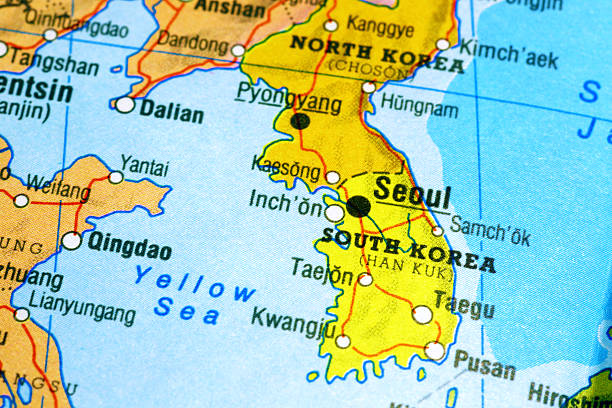The United Nations,the European Union and many other organizations have objected strongly on the abuse of human rights in Iran. The Catholic Peace Weekly has in its Diagnoses of the Times, an article by the secretary-general of the Citizen's Solidarity for Human Rights in Korea on a recent human right problem in Iran.
A Twenty-two-year-old Iranian woman Mahsa Amini was on a family trip to Tehran, when arrested by 'Guidance patrol officers' at the entrance of a subway station. Often referred to as religious police, they move in groups of four and check whether a woman's hijab is worn correctly. Guidance patrol arrested Mahsa for wearing her hijab incorrectly. She had to cover all of her hair, but some came out of the hijab. According to the patrol's subjective judgment, that is a violation of the law. In this case, they are fined, taken to a detention center called a re-education center, or beaten. It is a human rights violation that is hard to find anywhere else in the world, and it is a clear national crime.
Mahsa Amini fell unconscious within hours of her arrest, and she died three days later. Although her murder was apparent, Iranian authorities announced that the cause of death was multiple organ failure due to cerebral hypoxia, and that she died suddenly from a fall.
However, there are testimonies that police officers hit Mahsa in the head with their clubs while she was being taken away. Relatives also testify that she was in good health. When police arrested the 22-year-old young woman who could travel long distances with her family, no one believed the authorities' announcement that she suddenly died of a heart attack.
Iranian women were outraged. Protests for freedom, for life, erupted everywhere.They could no longer endure the human rights abuses in which the guidance patrols continued to act atrociously towards young women, they were being targeted and taken away. The fact that a part of a women's hair came out of her hijab could not be the reason she was killed...
Sixteen-year-old Nika Shakarami disappeared in Tehran on Sept. 20 after burning her
headscarf in protest and being followed by security forces.She considered the death of Mahsa Amini's death her concern and could not contain her anger.She went out to protest, but soon disappeared, and after ten days she was found dead.
Mahsa Amini's death was not considered her business. She couldn't contain her anger. She went out to protest, but she soon disappeared, and after ten days she was found dead. Her last words in a phone call with her family was that she was being chased by security forces.
Over the past month or so, hundreds of women in their teens and twenties have been killed in protests. The Iranian government is repeating lies, saying that they died of an illness or that they jumped from a building. The truth of death may not be revealed for a long time, as all the deaths of women must be due to illness or accidents for the Iranian ruling power, who believes that their regime is threatened by women's protests.
The resistance of Iranian women is growing stronger. You can't die in the streets in vain like you do now. The women's slogan was thus summarized in three words: "Women, life and freedom."
The hijab is just one type of scarf worn by a woman on her head. Although hijab remains a regional, ethnic or religious practice in most Islamic regions, it has become a strict duty in Iran. Without a hijab, you cannot go to school or get a job. There are also repeated cases of being detained or beaten by the guidance patrols in street checkpoints. The barbaric oppression of women has resulted in numerous victims. It is to maintain the theocracy established after the Islamic revolution in 1979, but if it is a system that can only be maintained by forcing the hijab, wouldn't it be better to change the way they treat the infractions?
Allah, God, Lord, Sangje, Yahweh, Jehovah, it doesn't matter what his name is called. It is blasphemy to require only women to be modest in his name, to force only women to wear special clothes, and to harass people by saying that their hair must not come out of the hijab. God's name should not be used to discriminate against people and violate their human rights and dignity.






